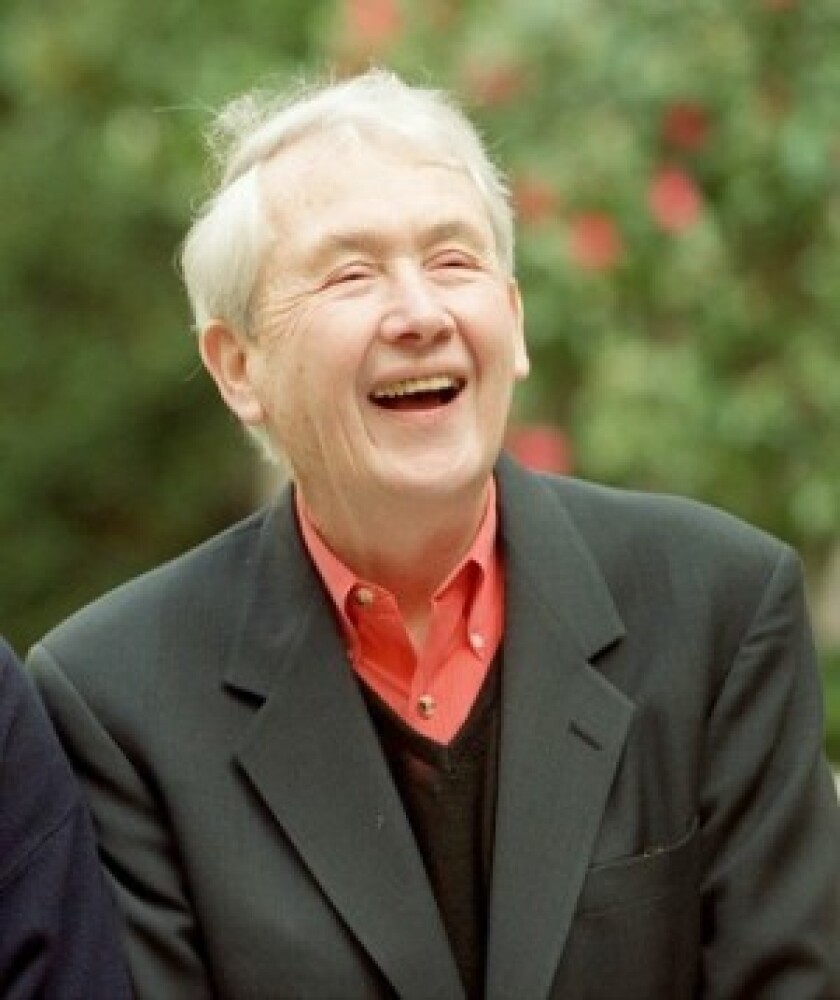If I'm allowed to be honest in this blog, and I hope I am, I find myself struggling to get behind the idea of "backsourcing" as Kallis put it. The idea of teaching in a garden as well, seems so foreign to me but I WANT to be open to the idea. Maybe I'm a product of modern day thinking and I'm too stuck in my ways but I don't like that as an answer. I hate the idea that I'm incapable of changing, the teachers that I felt were the most uninspiring were the teachers that weren't willing to try something new or change to the modern day. So I'm making a conscious decision to be more open to the idea everyday; my worst fear would be to reflect on myself one day and realize that I'VE become one of 'those' teachers. It's not as if I'm opposed to this at all, I just can't picture myself personally doing this or finding any motivation to want to learn to do this.
The merits however aren't lost to me. If this becomes a norm then just like Kallis said then our thoughts and perceptions will change too. People will be more economically and environmentally conscious about the decisions they make, and they'll be more self sufficient in everyday things. I'm sure more people will have a sense of being capable as well as Kallis mentions.
Something I found interesting that Kallis said that made me stop and reflect was, "Sometimes, creating situations that fulfill emotional, physical or spirtual needs can subtly open one's thinking to a new world of possibilities and show people what they didn't even know they were missing." I feel this might be the root of my disconnect with the natural world and the idea of backsourcing. I believe it when Kallis says that creating things can be fulfilling, and that others feel the same way. But I don't feel that way at all. I'm not a spiritual person, I'm emotionally fulfilled in the relationships I made already, and I don't have a physical need to exert myself into creating things. My lack of interest in this, I think, stems from a feeling that I'm missing that others seem to enjoy. I feel alienated in my ways as many others in my class feel excited and inspired at the opportunity at being outside but for me it seems like a bizarre concept. I constantly feel like there's something I'm not getting when we're outside and this might be the answer.


